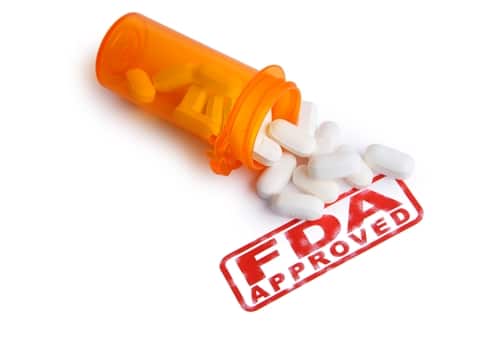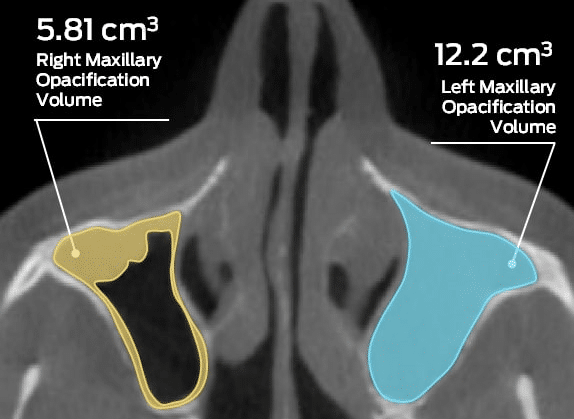The FDA is constantly striving to strike a balance between getting new medical devices to patients quickly and safely. To accomplish this, the administration has increasingly come to rely on its accelerated approval pathway, called 510(k), which aims to speed device delivery by allowing developers to reduce trial scope by proving that a device is the equivalent of a previously-approved device.
While this strategy was intended to help manage costs and decrease time to market, Scott Gottlieb, former FDA deputy commissioner and a resident fellow at the American Enterprise Institute, recently shared some of his concerns about the approval pathway with the Wall Street Journal.
Gottlieb told the source that the reliance on 510(k) approvals “has deviated from the original spirit of that idea,” and has actually added new hurdles for manufacturers as the FDA takes a more “druglike approach to its regulation.”
“My concern is that a lot of the fundamental questions about device safety turn on issues of biomechanical performance,” Gottlieb explained. “The FDA is trying, in too many cases, to answer these questions by requiring longer and larger trials in people and large animals like pigs and sheep.”
Maintaining the balance between speedy device approval and assurance of patient safety requires experienced insight and clinical trial management solutions that focus on efficiency and transparency. While the FDA continues to demand more clinical evidence, and will soon require a unique device identifier [UDI] to better track long-term performance, having a CRO partner that is familiar with FDA compliance guidelines is increasingly necessary.
Medical Metrics, Inc. is able to provide that insight in addition to cutting edge imaging technology. With industry-leading training, quality assurance and teams consisting of some of the most recognized thought leaders in their fields, MMI delivers high-quality results, as evidenced by our extensive FDA approval history dating back to 2000.
Latest Industry News
[Press Release] Driving Excellence in Cardiovascular Trials: Medical Metrics, Inc and Healthcare Inroads, LLC Deepen Collaboration
Medical Metrics, Inc. Announces Involvement in ReOpen CRS Clinical Trials




